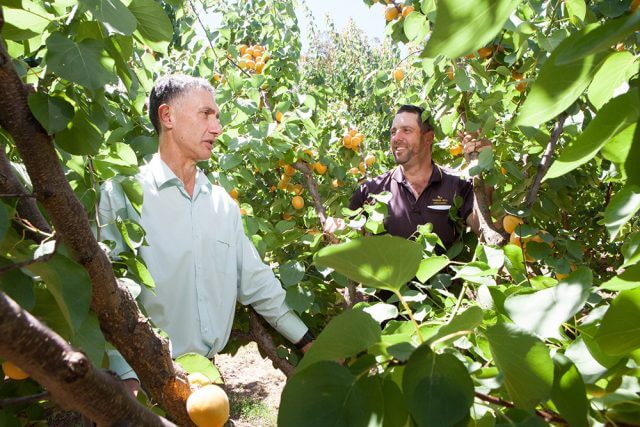
Food security was at risk and fruit and vegetable prices could rise if a 20-year requirement that market city stay a produce trading hub following its sale didn’t increase, according to Perth hills fruit growers.
The state government was assessing bids by private entities to purchase the Bannister Road, Canning Vale facility, the central wholesale and trading distribution hub for fruit and vegetables.
The legislation for the sale, currently being debated in the upper house, only required the facility to remain a market for 20 years from the time it was sold.
Roleystone fruit grower and hill orchard improvement group spokesman Brett Del Simone said the 20-year limit was not enough to provide security for the industry and product.
“We’re seeking a 50-year term so we can have some business stability and the wholesalers can invest in the necessary capital infrastructure so they remain efficient and don’t pass costs on to us that don’t need to be,” he said.
“What we need is for these wholesale businesses to have the time frame to be able to invest in capital infrastructure.
“A 20-year time frame is not enough for that sort of major investment.”
Member for Armadale Tony Buti said the government had never been able to argue the sale of the facility was a good business decision.
“It’s purely a budget reduction decision which in the end is very small anyway,” he said.

“They will get over $100 million which is nothing in the big scheme of things for something so important, supplying food to the population and allowing growers some certainty and some incentive rather than having barriers put up.
“We talk about environmental sustainability, you’ve got a market that is so close to a major growing area where all the growers are and it’s going to possibly not be there in 20 years.”
Treasurer Mike Nahan dismissed the concerns.
“It has been determined that the 20-year restriction is sufficient to ensure decisions made by the new owner will facilitate the continuity and growth of the market function and allow for innovation in response to the future requirements of the industry,” he said.
“The timeframe is considered sufficient to ensure that the market city tenants and industry have the confidence to continue to participate in the wholesale market in the longer term.”













